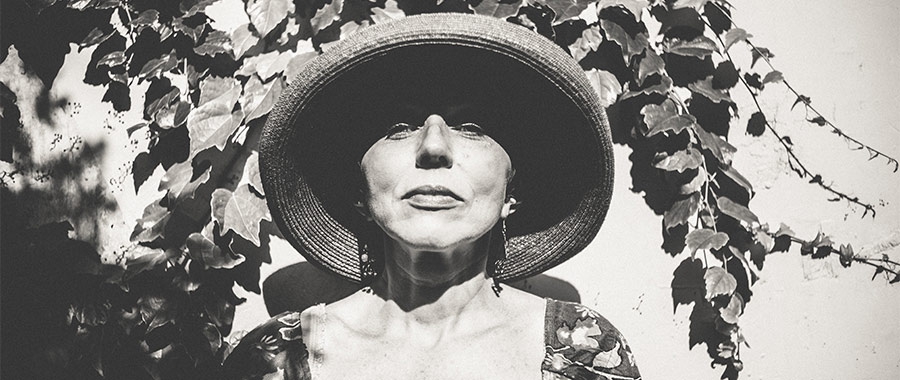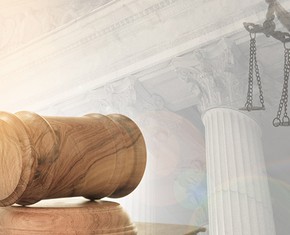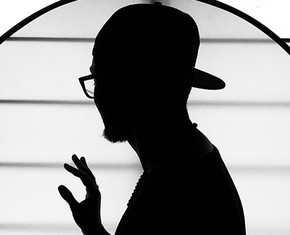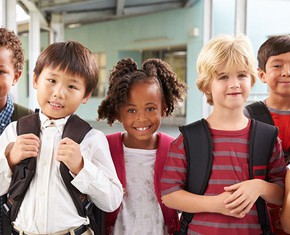The views expressed in our content reflect individual perspectives and do not represent the authoritative views of the Baha'i Faith.
In a few weeks, I will turn 71, so I feel like an expert on what it’s like to be an “older person”—but I learned more than I ever expected as I considered the intention of this United Nations Day.
The UN has set aside this day—the International Day of Older Persons—each year to recognize the needs and challenges of older persons as well as the significant contributions they make to human society.
Last year I celebrated my 70th birthday in Ethiopia where, among other activities, I participated in a 10K race in Addis Ababa. Here in Canada, I run races with many people my age. But in Ethiopia, where the average life expectancy is not quite 66 years, I felt conspicuous not only as a white North American female tourist but also as an older person.
Everyone was friendly and gracious, and some people made a point of running next to me and greeting me as “Mamacita,” an affectionate phrase meaning “Little Mama.” With no translation necessary, I knew they meant it kindly, even admiringly.
Comparing Canada to Ethiopia may not seem fair, since North Americans generally live longer than sub-Saharan Africans. Fair or not, that is the case. But beyond such national statistics, we find many factors impacting life expectancy within all countries. More localized factors include proximity to health care, access to clean water and basic sanitation, sufficient nourishing food, infrastructure development, family and social support, stability of government, educational opportunities, and ever so much more.
Regardless of life expectancy, in stating the purpose of this day, the United Nations calls for four areas of engagement:
- Promote the rights enshrined in the Declaration [of Universal Human Rights] and what it means in the daily lives of older persons;
- Raise the visibility of older people as participating members of society committed to improving the enjoyment of human rights in many areas of life and not just those that affect them immediately;
- Reflect on progress and challenges in ensuring full and equal enjoyment of human rights and fundamental freedoms by older persons; and
- Engage broad audiences across the world and mobilize people for human rights at all stages of life.
What do these four areas have in common? I will distill them to one core concept: A call to recognize and honor the dignity of all persons throughout their lifetime.
Among the many quotations within the Baha’i writings about the dignity of all people, I especially like Abdu’l-Baha’s words linking dignity with justice:
When perfect justice reigns in every country of the Eastern and Western World, then will the earth become a place of beauty. The dignity and equality of every servant of God will be acknowledged; the ideal of the solidarity of the human race, the true brotherhood of man, will be realized; and the glorious light of the Sun of Truth will illumine the souls of all men.
Considering specifically the needs of older persons, the Baha’i International Community has written:
“… there must be full integration of the aging in the human community, since the community should be an extended family in which everyone, of any age, is an essential part, and not only allowed, but encouraged, to make the fullest possible contribution to the wellbeing of the whole; and that in considering the needs of the aging in the process of development we must take into account the wholeness of the human being the moral and spiritual dimension, besides his emotional, intellectual, and physical nature when discussing the special contributions of older persons to development and their sharing in the resulting benefits.” – Baha’i International Community to the first UN World Assembly on Ageing, 1982, Baha’i World, Volume 18, p. 397.
What might this look like within our communities? Here are some fundamental questions to consider:
- Are older persons considered in selecting locations and timing of events?
- Are they consulted in program and event planning?
- Are we genuinely curious about the past and current life of older persons?
- Do we intentionally honor and benefit from the knowledge and skills older persons may have?
- Since “ageism” is another form of prejudice, do we look beyond age and see the person instead? Limitations and infirmities do in fact happen at all ages.
This quotation from the Universal House of Justice may seem like an unusual one to include in an essay about “older persons,” but I love the reminder that the community is strengthened through inclusion of people of all ages.
Youth also take part in the life of the Baha’i community as a whole and promote a society in which all generations—elderly, middle-aged, youth, children—are fully integrated and make up an organic whole.
At my age—at any age, really—I am fortunate to be healthy enough to enjoy fitness activities such as running. But the point isn’t so much about physical fitness as it is about all persons—perhaps most notably older persons—being enabled and supported in doing whatever we can at any age.
Expressing creativity, contributing to the uplifting of society, continuously learning, helping and guiding others, having daily purpose—the list goes on and on. Thank you, United Nations, for setting aside a day every year to remind us to be mindful of the diverse needs of humans at every stage of life. Truly everyone has the right to live in dignity on this lovely planet we call home.
For more information, visit https://www.un.org/en/universal-declaration-human-rights/ and https://www.un.org/en/events/olderpersonsday
















Comments
Sign in or create an account
Continue with Googleor